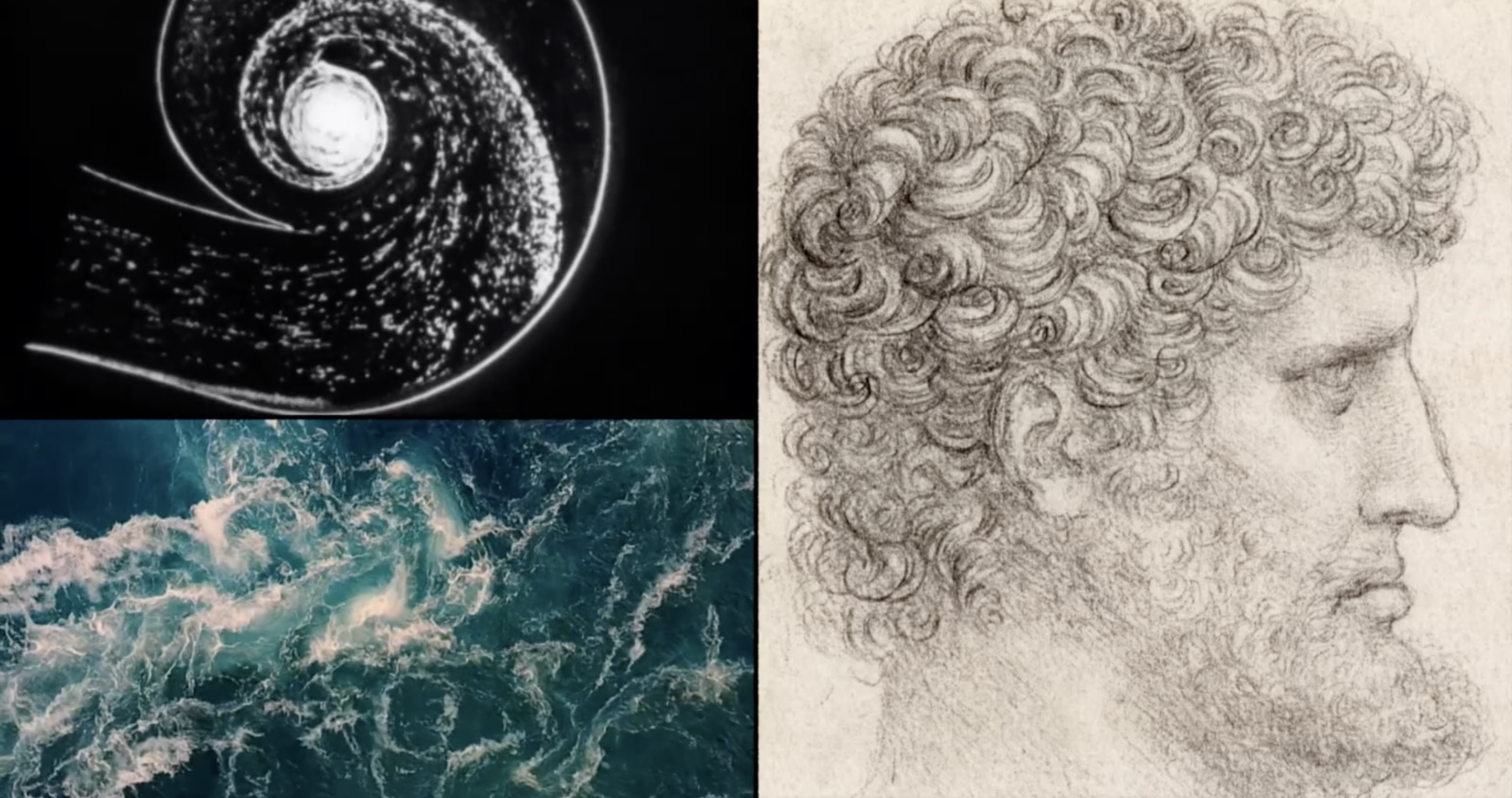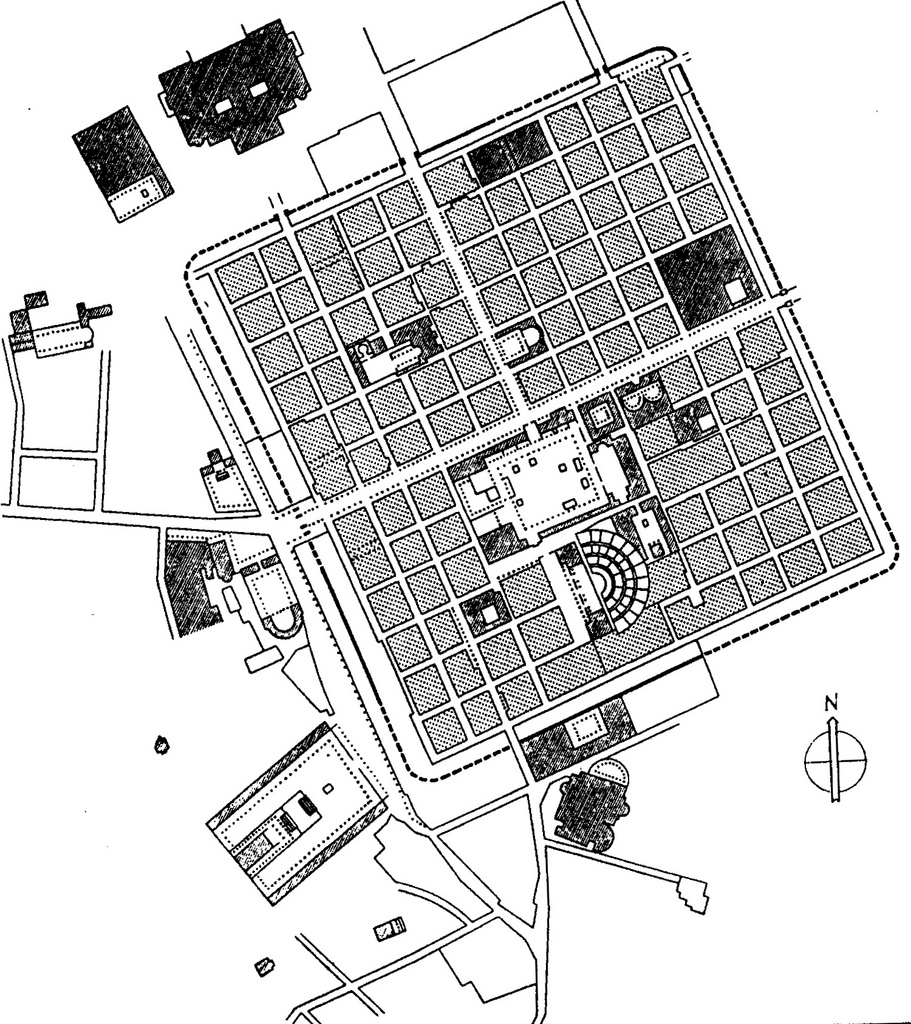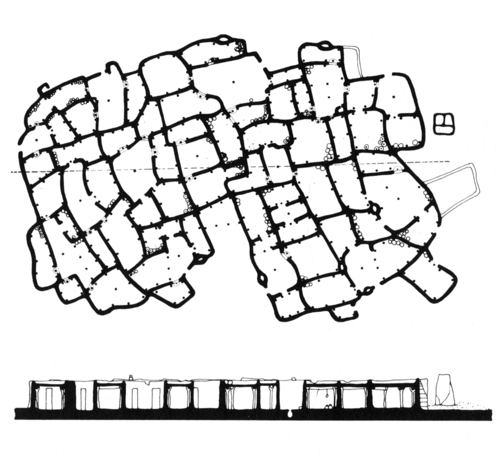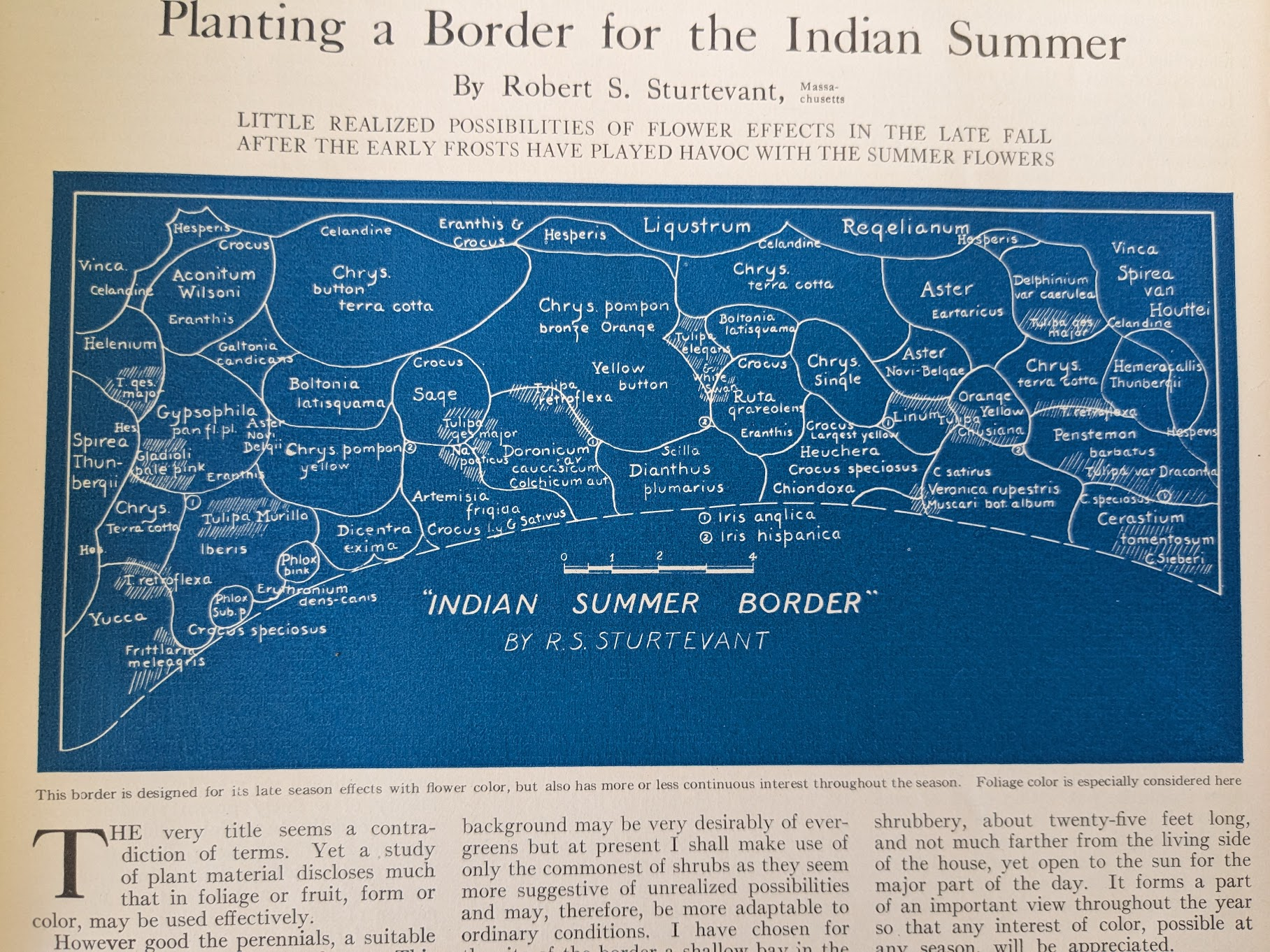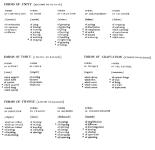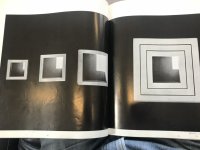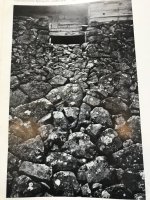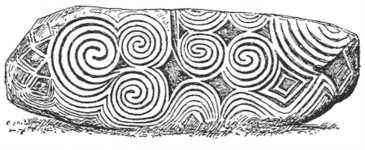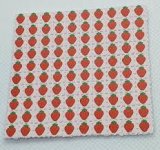sus
Moderator
Tyler Volk is a biologist who wrote a book in the 90s called Metapatterns which I quite like. It works through these abstract forms—sheets, spheres, tubes, gradients, spirals, etc—across many, highly varied domains. Art, indigenous cosmology, astrology, biology. E.g. a sphere is volume-maximizing, relative to surface, so eggs and grapes and gravity-warped planets all end up approximating spheres. Sheets are the opposite, they're surface-maximizing, so they make for good interfaces between proximate systems. They make good pages of a book. Tubes also make good interfaces, but as paths of transport between distant systems: roads, wires, poles, channels. I'll post some excerpts in the (American) morning.
Anyway, he talks about "spherical thinkers" in his chapter on spheres. Spherical thinkers are well-rounded, they are developed in every direction. They bounce around a lot. I think he talks specifically about Buckminster Fuller, which is appropriate given the geodesic domes, but probably da Vinci is the most famous example.
I have a list that I'll post, of some of the great spherical thinkers, but perhaps others can add on.
Anyway, he talks about "spherical thinkers" in his chapter on spheres. Spherical thinkers are well-rounded, they are developed in every direction. They bounce around a lot. I think he talks specifically about Buckminster Fuller, which is appropriate given the geodesic domes, but probably da Vinci is the most famous example.
I have a list that I'll post, of some of the great spherical thinkers, but perhaps others can add on.

